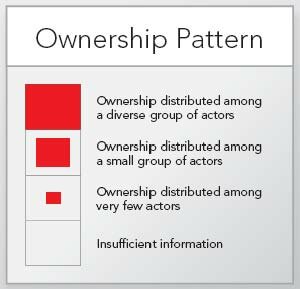I have always spent quite a bit of time in the lakes. My family have long owned a dilapidated shack with access to the south side of the lake. Since boyhood I have seen the lake stuffed full of motorboats, pleasure cruisers and canoe-laden Scouts, all enjoying themselves.
But these days I see no-one.
The houses by the side the lake have become so exclusive that they can only be owned by people who are too busy to go there. Either that or they sit on someones' property portfolio as a "growth asset".
The third most popular tourist destination in England are the pleasure cruisers who ply the lake. And all the millions of tourists on these boats see is the shoreline of these footballers wives' mansions. Millions of photographs return to all corners of the globe with title like 'Wordsworth's lakes' or Wainwright's view' and all the photographs actually show are empty temples to money.
I am not jealous of other people's successes, I just wish that houses in impossibly privileged locations were used a bit more. I'm sure the Scouts would make the most of the opportunity of a place to go for some solace..
Anyway I think that between private ownership and public access lies something - and I am thinking about how i might put some of those principles into practice.
I am, with a few other people, buying a few square feet of lakeland access. You could almost touch both sides of it with your arms outstretched but i means you could keep a boat there. The idea is to put it into Trust (so that i cannot be sold) but that we keep the access relatively open. They'll be a google-docs calendar of availability, and people will have to book in, but anyone is welcome to use it. I want to be able to control what happens to it (by putting it into trust so it can't be sold) but i want anyone to be able to use it.
This absolutely seems to be the future of public service. I don't care who owns it, but i want access. I don't want to own my local swimming pool, but i want a say in its running. I care less about private ownership, and more about private use..



